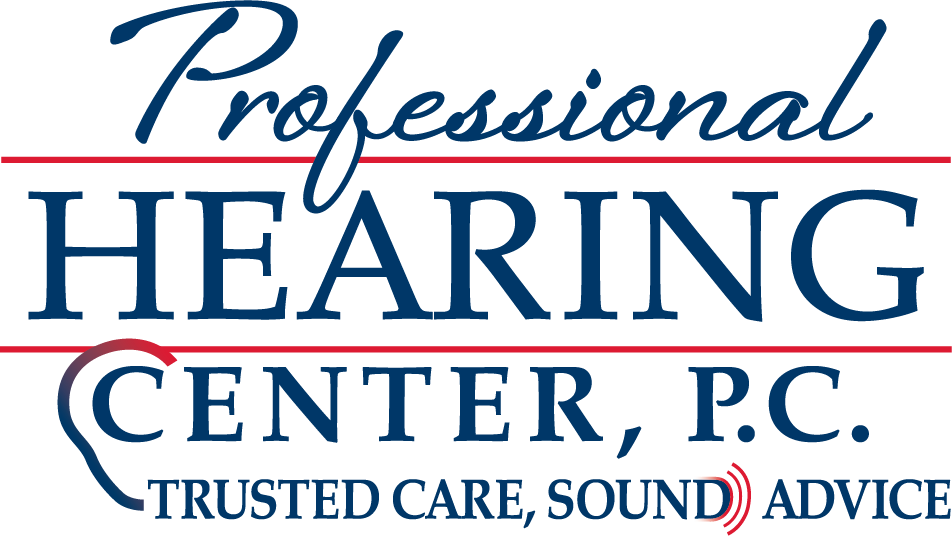
For professional musicians, hearing isn’t just a sense, it’s a vital part of their craft and livelihood. However, many musicians still believe that hearing loss is just an inevitable outcome of practicing their craft. This attitude, which regards hearing damage as an inevitable consequence of the job, is both antiquated and unhealthy. Fortunately, recent legal developments and growing awareness are driving substantial changes, challenging this detrimental attitude and emphasizing the necessity of hearing protection.
Noisy work settings and hearing safety
The music industry isn’t the only occupation that comes with noisy settings. Occupations in construction, manufacturing, and other noisy industries also encounter similar risks. However, these fields have generally been quicker to adopt protective measures compared to the music industry. Several factors contribute to this disparity:
- Hazard Awareness: Safety gear, like hearing protection and hard hats, is a must due to dangers like falling objects and dangerous heavy machinery. Protective gear is a standard expectation that is well-incorporated into the work culture as a result.
- Performance Concerns: Musicians depend on their hearing to perform, often leading to skepticism about hearing protection devices. There’s a widespread misconception that earplugs or earmuffs may interfere with sound quality or performance, in spite of evidence to the contrary. Out-of-date information is usually at the base of this misconception.
- Cultural Norms: The arts typically foster an environment where professionals feel lucky just to have a job, prompting them to accept suboptimal conditions without objection. This culture of acceptance extends to inadequate hearing protection, with many fearing that raising concerns could jeopardize their career opportunities.
It’s not only the musicians who encounter this “just part of the job” mindset, it also includes road crews, sound engineers, and event staff, whose hearing is also at risk. A considerable number of individuals in the music industry have experienced hearing problems due to this collective complacency.
Mindsets are changing because of legal precedents
Important legal cases have begun to change industry attitudes toward hearing protection. A landmark case involving the Royal Opera House in London showcased this shift. The brass section was producing hazardously loud conditions which caused serious hearing damage to one viola player who wasn’t furnished with sufficient ear protection. The court’s decision in favor of the viola player underscored that the music industry needs to follow workplace safety guidelines, including hearing protection.
Every industry that is overly loud, including the music industry, needs to have safety standards in place that require hearing protection, and this ruling is a crucial reminder of that. It’s also forcing industry leaders to make the health and safety of their contractors and employees a focal point.
How to address tinnitus and acoustic shock
The prevalence of tinnitus and hearing loss in the music industry is alarmingly high. Chronic tinnitus, irreversible hearing damage, and hyperacusis caused by exposure to very loud sound is known as acoustic shock. For DJs, musicians, and their crews who are regularly exposed to loud sound this is an especially acute risk.
Here’s the good news, musicians can now invest in specialized ear protection that will protect their hearing while still allowing them to get accurate sound fidelity.
Cultivating hearing loss prevention as a culture
Nowadays it’s all about nurturing a cultural shift in the entertainment and music industry, not about being able to get specialized hearing protection. The main aim is to move away from the outdated belief that hearing loss is just an inevitable part of being in the music industry and to normalize the use of protection. The Royal Opera House case has catalyzed this change, emphasizing the need for proactive measures to safeguard hearing.
The preponderance of hearing loss and tinnitus in the music industry should decrease with the growth of awareness and proactive actions. We should never think of hearing loss as an “inevitable part of the job”. Safeguarding their hearing health and taking the proper safety steps is crucial for every professional no matter what their job is.
With this paradigm shift, professionals in the music industry can keep practicing their craft while still safeguarding their most valuable instrument, their hearing.
If you are in the music industry and concerned about your hearing health, contact us to schedule a hearing exam.
